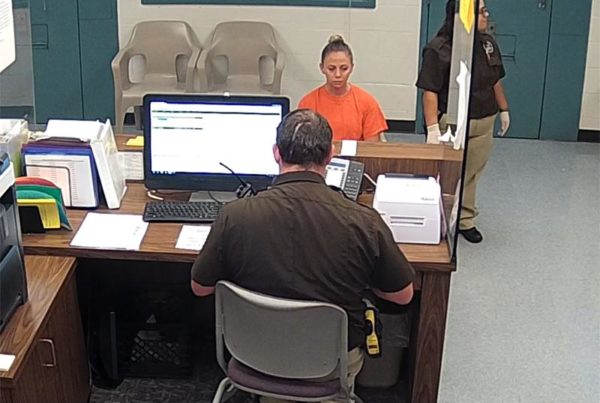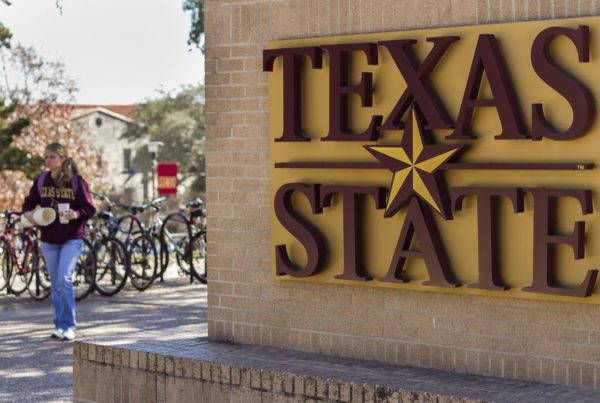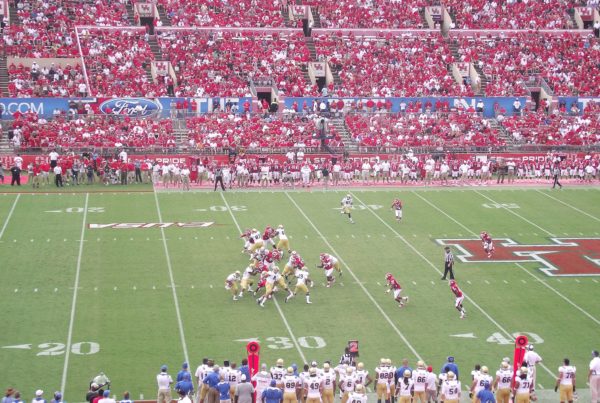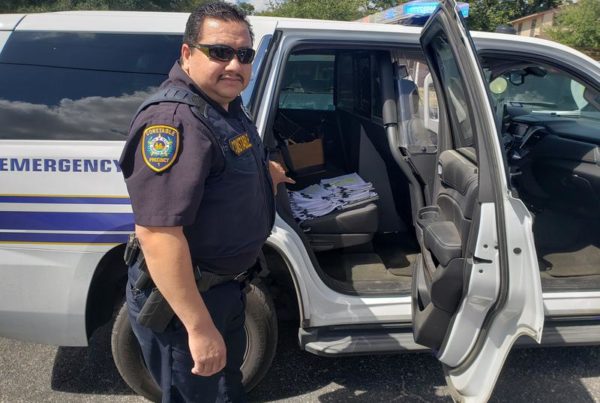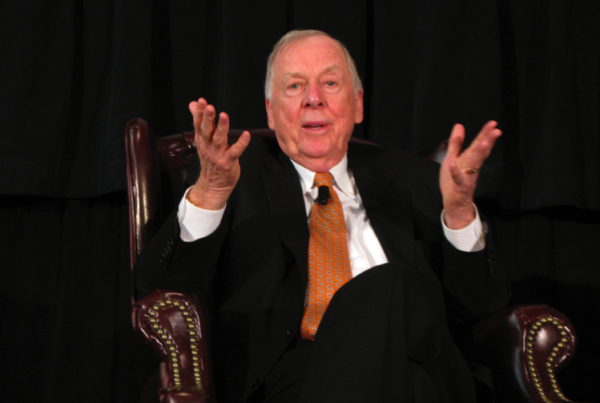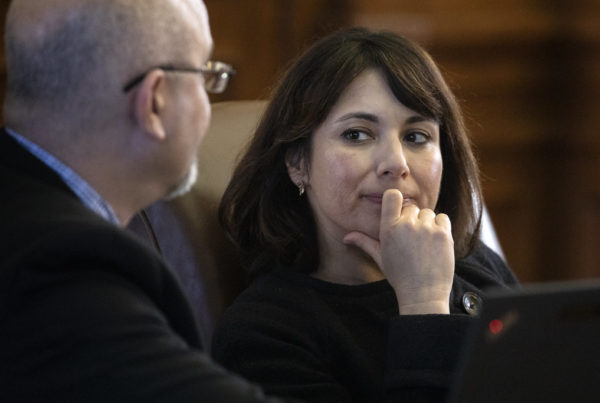Many Texas cities have neighborhoods that have been changed by gentrification recently: Bishop Arts District in Dallas and East Austin are just some examples. And now, Houston’s Independence Heights – considered Texas’ first black city – could face a similar fate.
Houston Chronicle reporter Sarah Smith, who reported on Independence Heights, says the threat of gentrification has motivated residents to fight against it. They don’t want its historical significance to be lost through new development.
Black families started settling in Independence Heights in the early 20th century.
“It was black-run with black landowners, and they didn’t have to face the worst of Jim Crow segregation with redlining because they were, themselves, running the show,” Smith says.
Residents voted to incorporate the city in 1915, but then annexed it to Houston 14 years later for access to better municipal services. But Smith says they never got those services.
“This was 1929, in the height of Jim Crow segregation,” Smith says. “The streets weren’t paved until well into the 20th century, and even when the streets were paved, the bus, for years, wouldn’t actually go into the neighborhood.”
By 2019, it became costly for developers to build new housing in the neighborhood surrounding Independence Heights, so they looked to build in Independence Heights itself.
“Independence Heights is now the hot new area for Houston development,” Smith says. “[It] hasn’t really been developed, and is a really convenient location for anyone wanting to commute downtown, so people are buying lots pretty cheap, building houses and selling them for anywhere from about $200,000 to $400,000.”
But this is raising the property taxes for smaller, older homes owned by longtime residents, Smith says. And the extra cost can get passed down to younger generations.
“If you’re over 65 … that means you have a bunch of tax breaks, and so maybe you don’t feel the property tax increase as badly,” Smith says. “[But] your descendants or whoever you leave the house to probably won’t be able to keep up with those property taxes, so they end up selling.”
While residents are fighting against gentrification, Smith says some feel it’s too late to protect the whole neighborhood.
“It’s this definite feeling of loss of what had been a black space,” Smith says. “They made it into this beautiful community where everybody helped raise each other’s kids, and every neighbor knew each other, and now there’s just this tremendous sense of loss for the history and culture and that feeling of what had been.”
Written by Savana Dunning.




